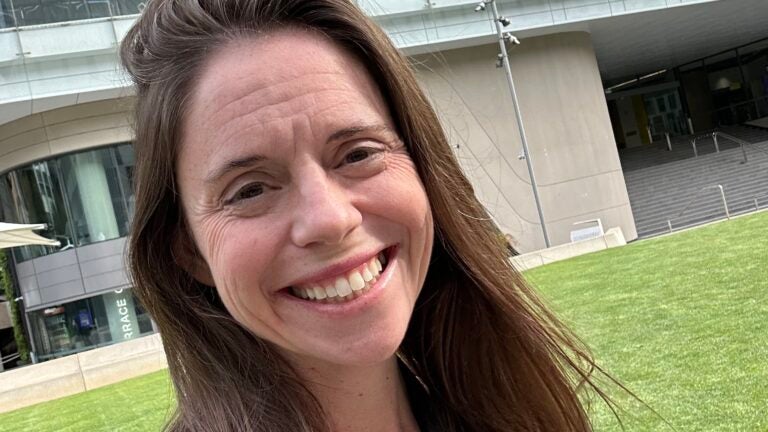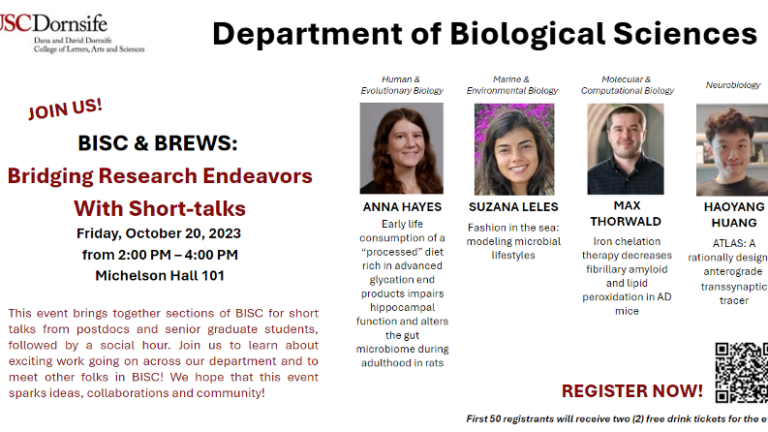About Levine Laboratory
The Levine Lab is tackling key challenges in Biological Oceanography related to evolution and cycling of organic carbon – work that will allow us to generate more robust predictions of what our future world will look like. Marine microbes are the engines that drive the cycling of carbon and nutrients in the oceans and are responsible for approximately half of all global photosynthesis. The Levine Lab seeks to understand the ways in which climate variability influences these microbial systems and to identify how microbial systems impact climate in return (ecosystem-to-climate feedback loops). We are developing innovative, interdisciplinary numerical models that provide new insight into how dynamics occurring at the scale of individual microbes impact large-scale ecosystem processes such as rates of global carbon cycling. Our work is generating new mechanistic insight into ocean carbon cycling and how the ocean carbon cycle might change in response to shifts in climate.

News & Updates
Keep up with the latest from the Levine Laboratory and click on the “News” tab in the menu for more!

Naomi’s Sabbatical Part 2, University of Technology (UTS) Sydney:
Dr. Naomi Levine recently took sabbatical and spent some time at University of Technology, Sydney (UTS)! While in Australia, she worked with collaborators, Prof. Justin Seymour, and Dr. JB Raina! She has been getting into the lab to prepare for ISCA deployments in January. Dr. Levine and her colleagues will be studying phycosphere dynamics under environmental stress.

Welcome New Postdocs Daniela & Hagen
Hagen is one of our new postdocs in the group that will be working on rates of organic matter degradation in the ocean.
We also welcomed postdoc Daniela to the team, and she will be working on trichodesmium, a type of marine cyanobacteria or blue-green algae that is responsible for approximately half of the world’s nitrogen fixation – a process in which atmospheric nitrogen is converted to a more usable form called ammonium.

BISC & BREWS
Making fun art when communicating our research to a general audience! Su represented MEB during the first BISC and BREWS event at USC talking about mathematical models and microbes!
Positions Available
We are always looking for inquisitive scientists to join the Levine Lab group as graduate students or postdoctoral fellows. If you are interested, please contact me at n.levine@usc.edu.
For more information and to apply to our gradaute program, follow the link below:

Contact Details
Address
University of Southern California
3616 Trousdale Parkway
Los Angeles, CA 90089-0371
Phone
(213) 821-0745
n.levine@usc.edu
